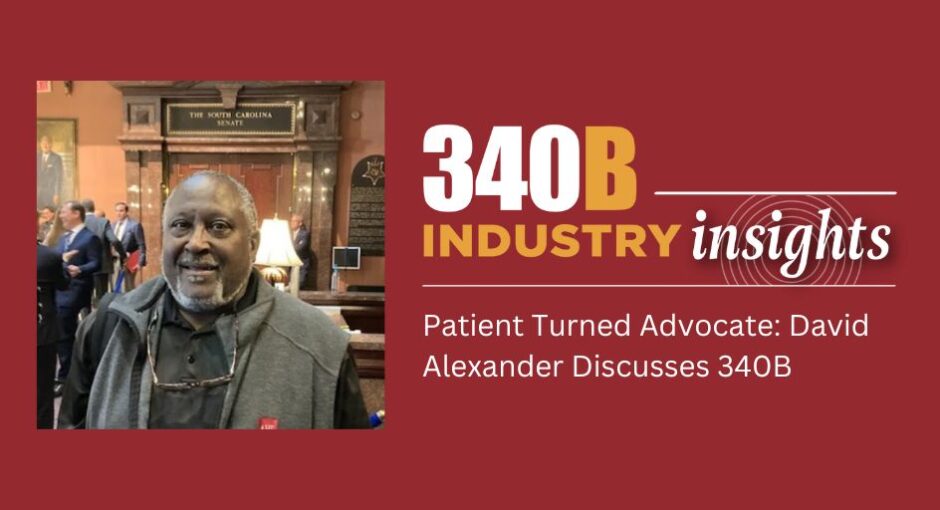SPONSORED CONTENT
David Alexander currently serves as AIDS Health Care Foundation’s (AHF) Advocacy Mobilizer in Columbia, South Carolina. He is constantly striving to make the world a better place. He was a patient at a South Carolina clinic when he came under the care of nurse practitioner Tonda Jackson. As his HIV care provider, Tonda became David’s ally, empowering him with trust and compassion. She was there every step of the way. When Tonda left to work for AHF, David did not want to lose the gracious care that Tonda provided. David immediately became a patient at the AHF Healthcare Center in Columbia and later a volunteer to provide a deeper level of service for those who had similar experiences. Today, as an AHF Advocacy Mobilizer, David shares how he became inspired to support and advocate for the 340B program.
Q: Why was the 340B program created?
David: Congress established 340B in 1992 to enable safety net providers such as hospitals, health centers and Ryan White clinics to stretch scarce federal resources as far as possible, reaching more eligible patients and providing more comprehensive services.
340B is a bipartisan initiative that enables these providers to provide care to all patients regardless of ability to pay. Over 30 years later, the program is more important than ever to the nation’s healthcare safety net.
Q: How much experience do you have with the 340B program?
David: My partner and I have been a part of the 340B community for more than 20 years. During this time, both of us have stayed current and expanded our knowledge of 340B. We have relied on access to extra medical assistance, along with additional support for cancer treatment and more. We are very grateful for the program and its many benefits to vulnerable patient populations.
Q: What led you to support 340B?
David: 340B is incredibly valuable to the healthcare safety net, because it allows non-profit providers to offer lifesaving assistance to their most vulnerable patients and communities. Also, I know that people have a better chance of getting the treatment that they need because of 340B. It is so essential, especially today, that we survive without worrying about the financial strain of high health care costs. 340B also helps us cover additional medical expenditures.
Q: What challenges do you see facing 340B in 2024?
David: With 340B savings, more programs and health promotion activities become possible. I know the current structure of 340B has been working as designed and I am very concerned about efforts to undermine its purpose. My hope is that the 340B skeptics will acknowledge the role it plays in funding safety net providers. It is a life-saving program for many low income and uninsured patients, including my partner’s cancer and our HIV treatment and care.
Q: Where do you want to see 340B in the next 5-10 years?
David: 340B providers and their patients are hurting due to restrictions placed on the program in the community and contract pharmacy setting. I am concerned that if the program faces additional restrictions, it would severely weaken access to safety net health care. 340B has been working for decades by reducing healthcare disparities for those who need it most. When someone experiences inequality within the healthcare system, it creates an unnecessary financial burden on both patients and nonprofit healthcare providers.
Q: Why should we, as a society, care about the uninsured and low-income patients?
David: Certain populations are at greater risk of experiencing health disparities based on their age, disability, ethnicity, gender, race, gender identity, sexual orientation, and socioeconomic status. As a society, we have a responsibility to care about every uninsured and low-income patient. We are in this together. It’s no secret that millions of people suffer financial hardship because of out-of-pocket expenditures. 340B ensures access to healthcare for all and promotes health equity, proactive preventive care measures and decreased medical debt.
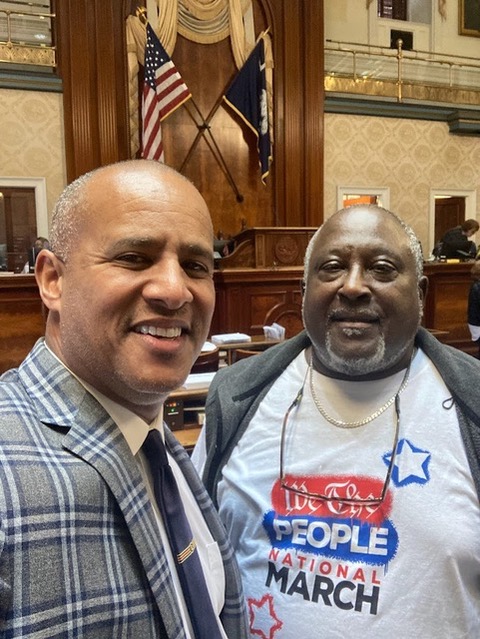
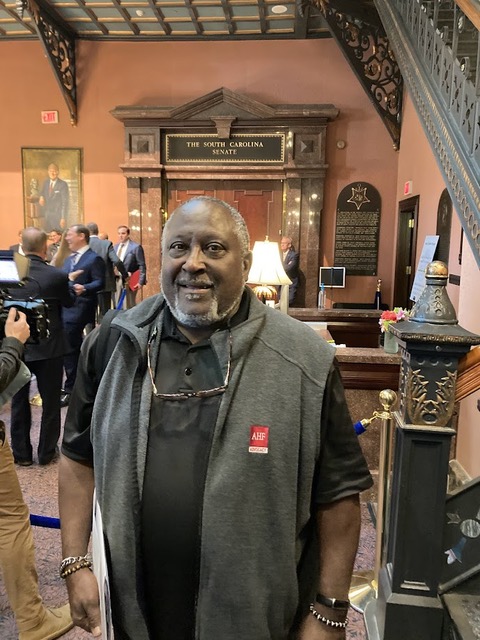
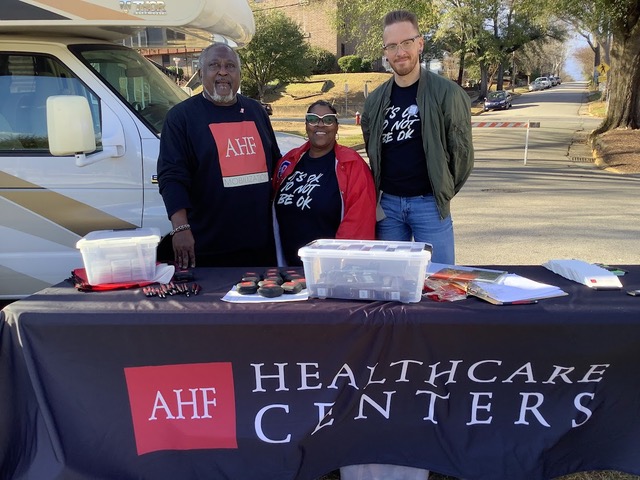
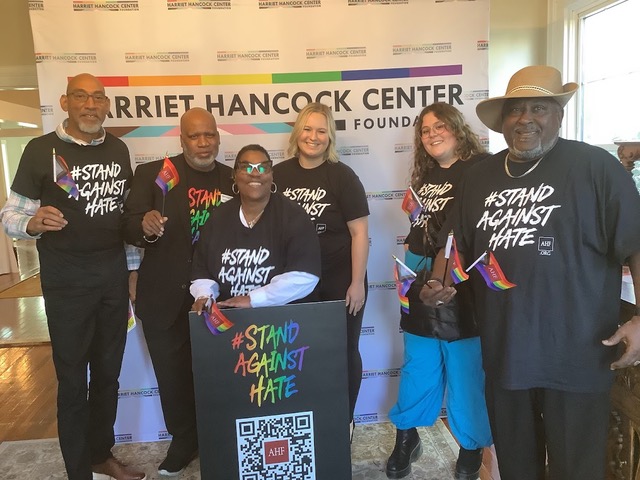
For more information about AIDS Healthcare Foundation, visit www.ahf.org



